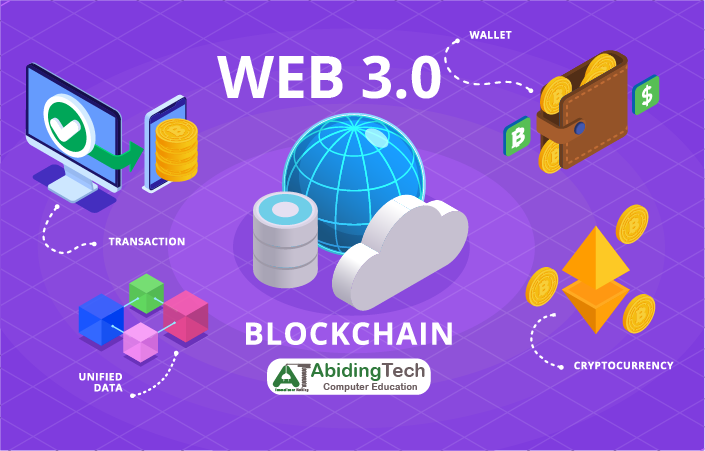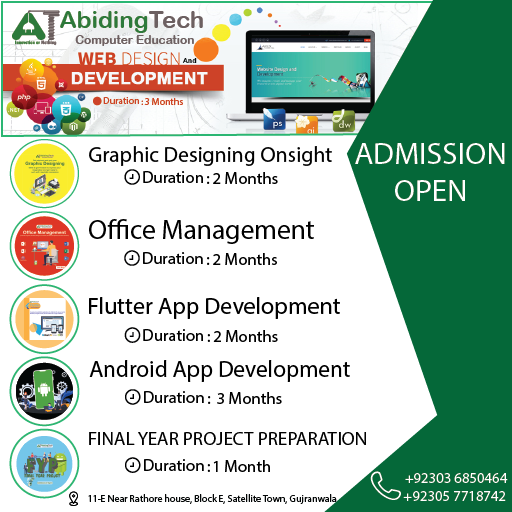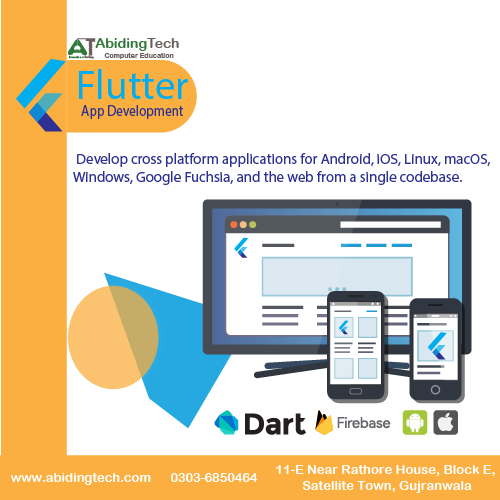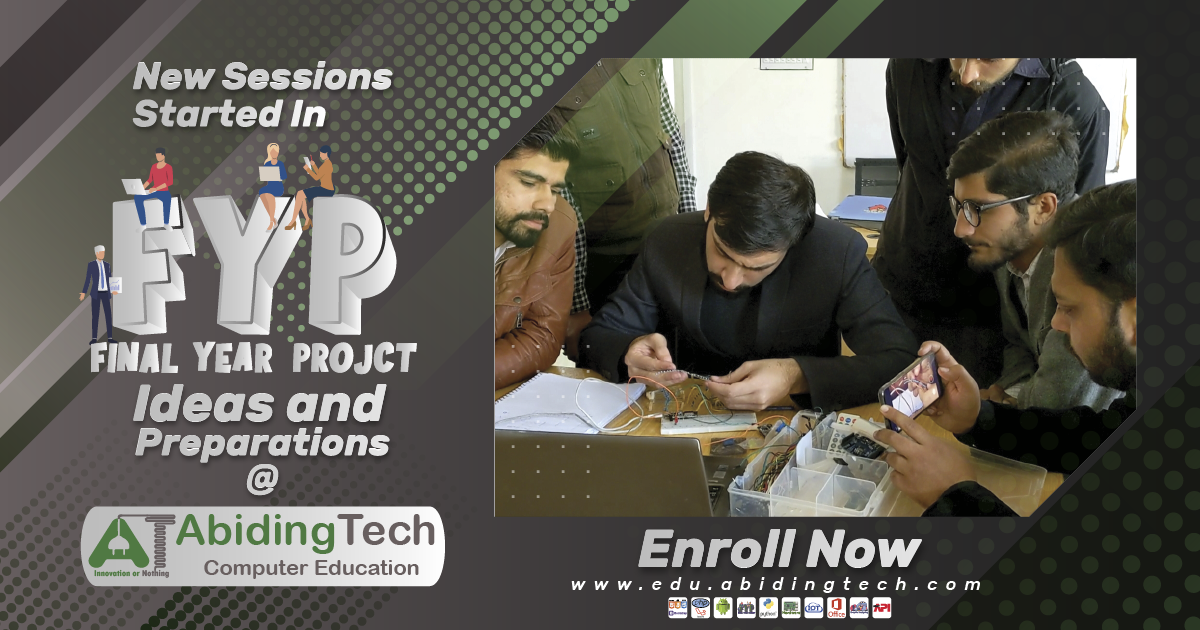Getting Started with Android App Development: A Beginner’s Guide
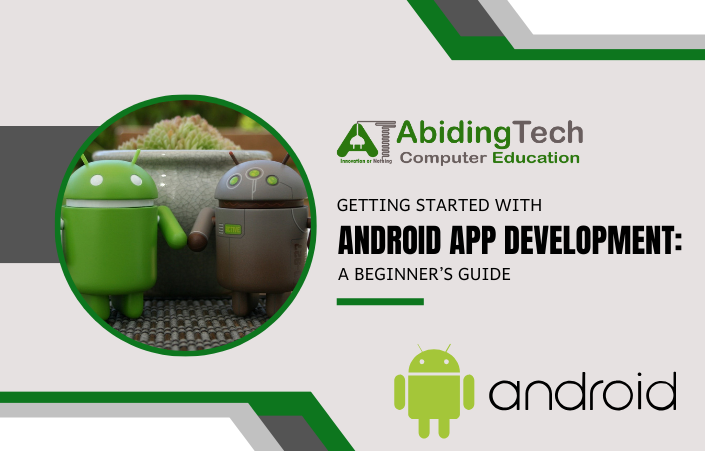
Author : Rabia Akram
- Short
Description: Learn the basics of Android app development with Java and
Kotlin.
- Long
Description:
Introduction to Android Development
Android app development is an exciting field with the potential to create mobile applications for billions of devices worldwide. With the increasing use of smartphones, learning how to develop Android apps opens doors to creating innovative tools and services that reach a wide audience. Whether you aim to create games, business apps, or educational tools, Android offers endless opportunities. In this guide, we will explore the steps to start developing Android apps, covering the essential tools, programming languages, and concepts you need to know to get your first app up and running.
Tools and Technologies
To develop Android apps, you'll need to become familiar with Android Studio,
the official integrated development environment (IDE) for Android development.
Android Studio is built on IntelliJ IDEA, offering robust features such as code
completion, debugging tools, and a visual layout editor that simplifies the
design process. Additionally, you'll need to install the Android Software
Development Kit (SDK), which includes libraries and tools necessary for
building Android apps.
In terms of programming languages, Android development primarily uses Java and Kotlin. Java has been the go-to language for Android for years, but Kotlin has been gaining popularity due to its modern features, safety, and conciseness. Both languages are fully supported by Android Studio, so you can choose the one that suits your needs and preferences. Additionally, understanding key concepts such as Views (UI components), Activities (screens or pages), and Services (background tasks) is essential for building functional and user-friendly apps.
People Reviews
Based on 0 reviews





